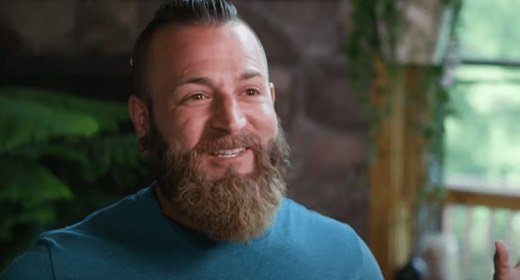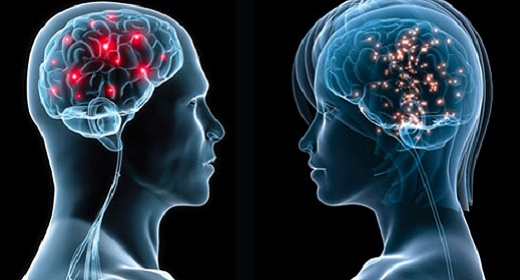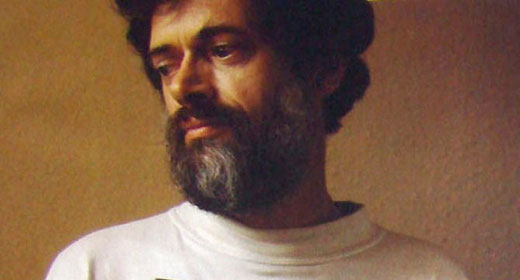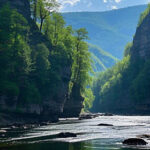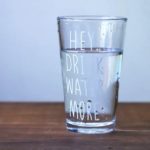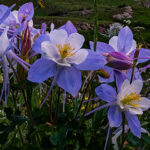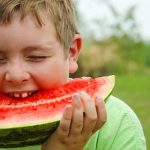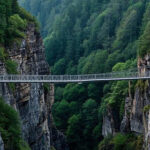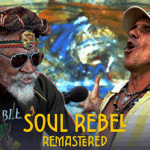by Tom Valtin: In 2005, U.C. Berkeley psychology PhD candidate Craig Anderson started investigating the components and implications of awe…
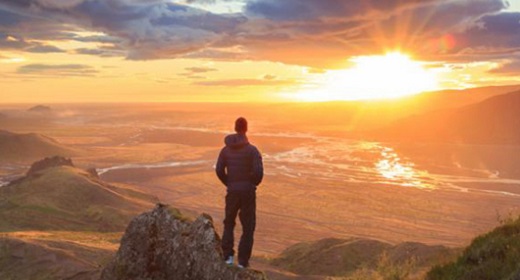
not the ominous, foreboding kind, like a funnel cloud darkening the horizon, but the good kind, specifically the awe associated with nature: A sunset overlooking the Grand Canyon, a hike through an alpine meadow, watching the Northern Lights ripple across the heavens—or in Anderson’s case, river-rafting.
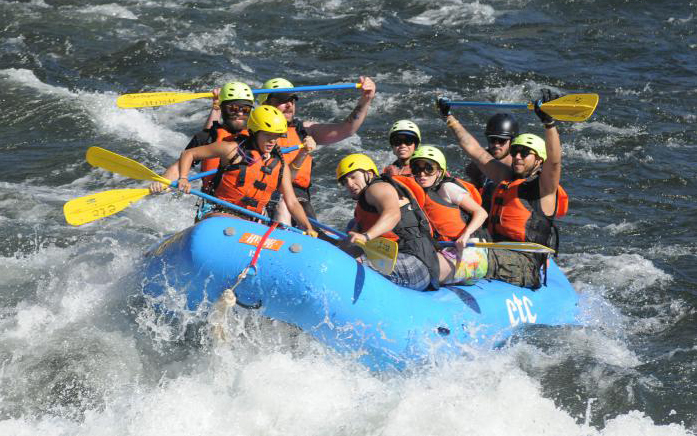
Anderson began collecting data on veterans who participated in rafting trips in the Sierra Nevada. “We conducted two studies,” Anderson told author and former San Francisco Chronicle environmental reporter Glen Martin. “In the first, we sent 124 veterans and underserved youth on multi-day whitewater trips and tracked six emotions: awe, amusement, contentment, gratitude, joy and pride. The second study focused on the role nature played in affecting emotion on a daily basis rather than pegging it to a rare but exhilarating experience such as a whitewater rafting trip.”
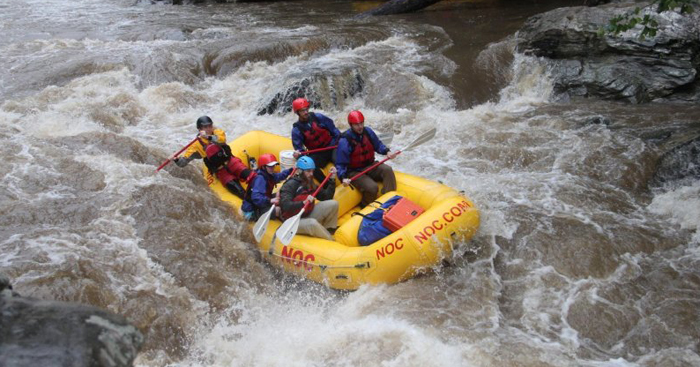
Among the study participants were members of Cal Vets, U.C. Berkeley’s student veterans association, and veterans involved with the Sierra Club’s Military Outdoors program.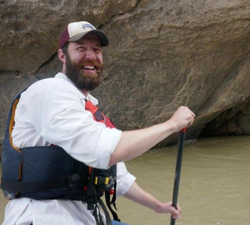
For his article, Don’t Get Down, Get Outside: How Awe-Inspiring Nature Heals, which appears in the latest issue of Californiamagazine, Martin interviewed two of the veterans who participated in the study: former U.S. Marine Jet Garner, a disabled Cal Vet who was severely injured in Afghanistan; and Military Outdoors veteran volunteer coordinator Robert Vessels (at left), a former infantryman with the Army’s 10th Mountain Division who served combat tours in Iraq and Afghanistan.
“The thing that really shocked me is that normally vets get together over booze and just talk about their service time,” Garner said, “and that didn’t happen here. “We were laughing, meeting each other’s significant others, and there was no alcolol — and no war talk. I realized I’d been stuck in a loop.” He hopes to hike the entire 2,659-mile Pacific Crest Trail in a through-hike next year.
Vessels said he knew from his own experience that being out in nature eased internal strife, “but it’s really great to see the benefits quantified, to see that the data supports what you intuitively feel.” He hopes to use that data to change the way things are done at the Veteran’s Administration. Instead of, or at least along withprescriptions for painkillers and antidepressants, he’d like to see the V.A. start prescribing sleeping bags, tents, whitewater rafting, and backpacking trips.







